Will The Real Edie Sedgwick Please Stand Up?
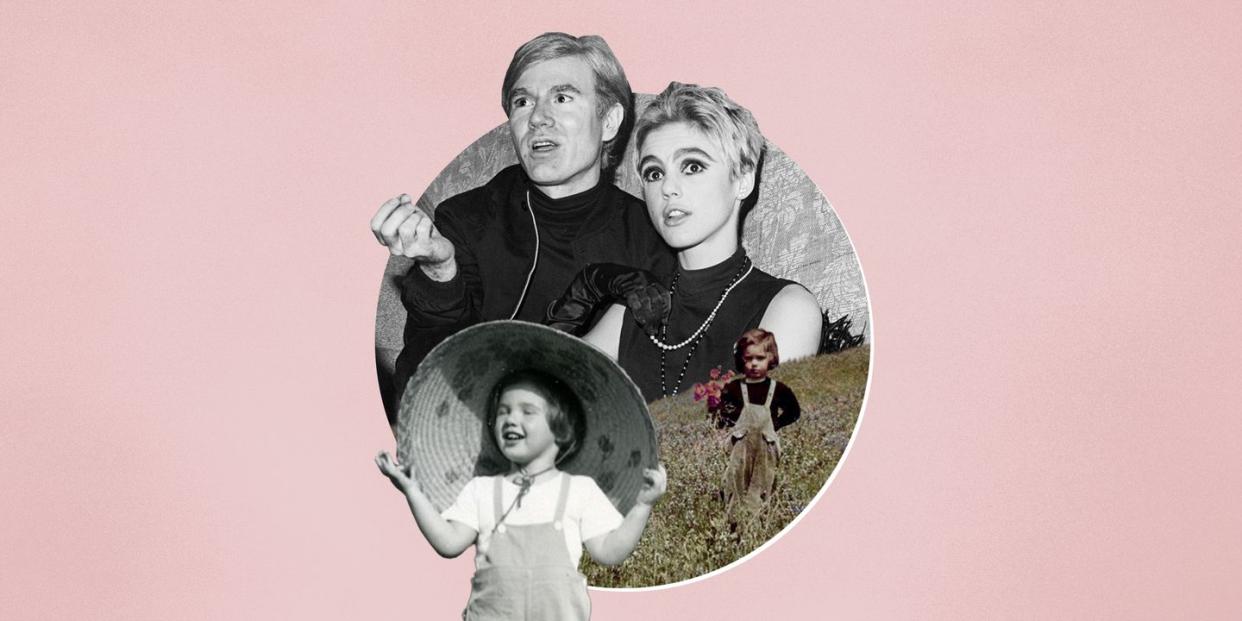
"Hearst Magazines and Yahoo may earn commission or revenue on some items through the links below."
“If you picked up the world, turned it upside down, and shook it,” Alice Sedgwick Wohl says, “you could not find two people as different as Edie and me.”
It isn’t an unusual sentiment. Plenty of people wonder whether anything beyond biology ties them to their siblings, but how many have had a sister like Edie Sedgwick?
In her fascinating, insightful new book As It Turns Out, Wohl examines those differences, interrogates the way she and her younger sister were raised, investigates how Edie became the sensation that she did—an art-world phenom, a muse to Andy Warhol and Bob Dylan, a misunderstood rebel, a patron saint of free spirits—and comes to terms with how the troubled existence of her own flesh and blood has become a pop-culture touchstone synonymous with a kind of cursed glamour—as well as her own role in making that happen.
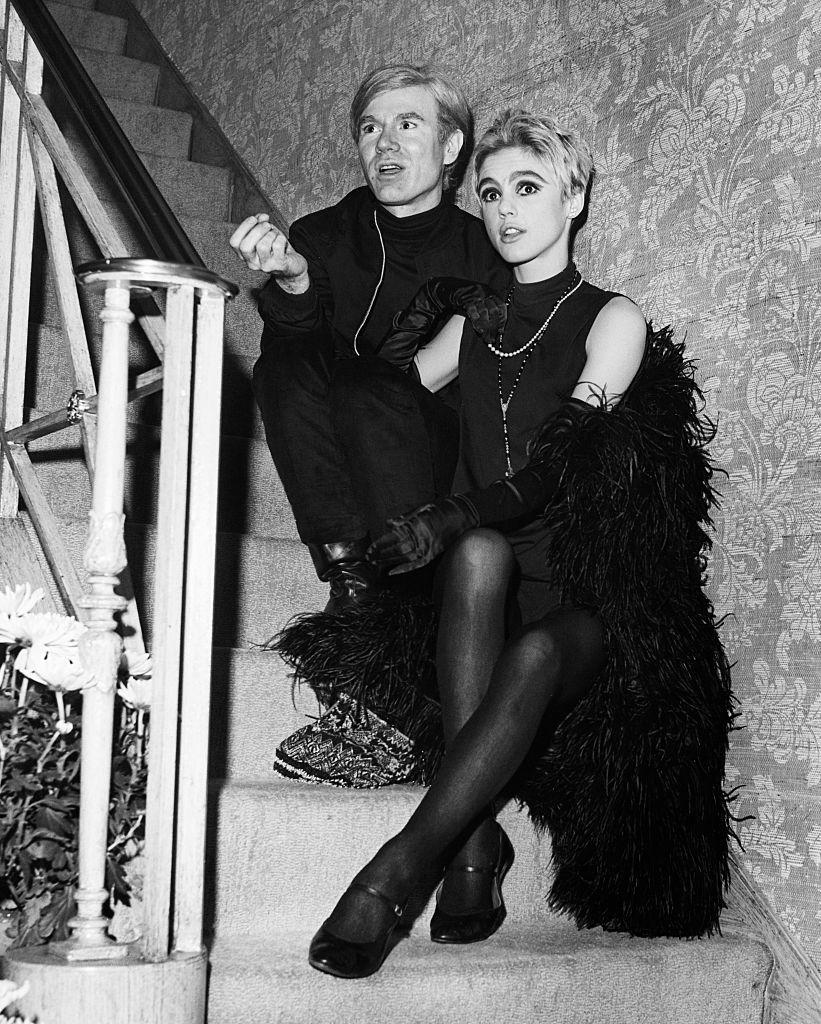
To read the early chapters of As It Turns Out, you’d be surprised that Wohl would want to write a book at all. Those pages chronicle a privileged life on a California ranch and a childhood spent among complicated adults who saw to it that family problems—and there were plenty—were never discussed, especially not with strangers. “We were trained not to talk about anything,” Wohl says. “Nobody ever discussed anything personal in front of us.”
So, how did she decide to discuss so many personal things in print? “The reason I wrote this book,” Wohl says from her home in Portugal, “was to set things straight.” Years ago, Wohl had spoken at length with her boarding-school friend Jean Stein for the 1982 book Edie: An American Biography, and some of what she had said weighed on her conscience.
“I knew Jean Stein since we were kids, and if anyone else had come to me, I wouldn't have said a word,” Wohl says. “So, it was only because my brothers had died and Edie had died that I thought, you don't have a right to your silence. That's why I spoke to Jean, and then I said so many shallow and stupid things because I didn't know what I was saying. I spoke to her out of honest ignorance.” And it wasn’t something she was likely to do again. “I took a terrible beating for that, because the older members of my family and most of my siblings were still alive,” Wohl says now. “With this book, I'm going to be 91 in a few weeks, so nobody's around.”
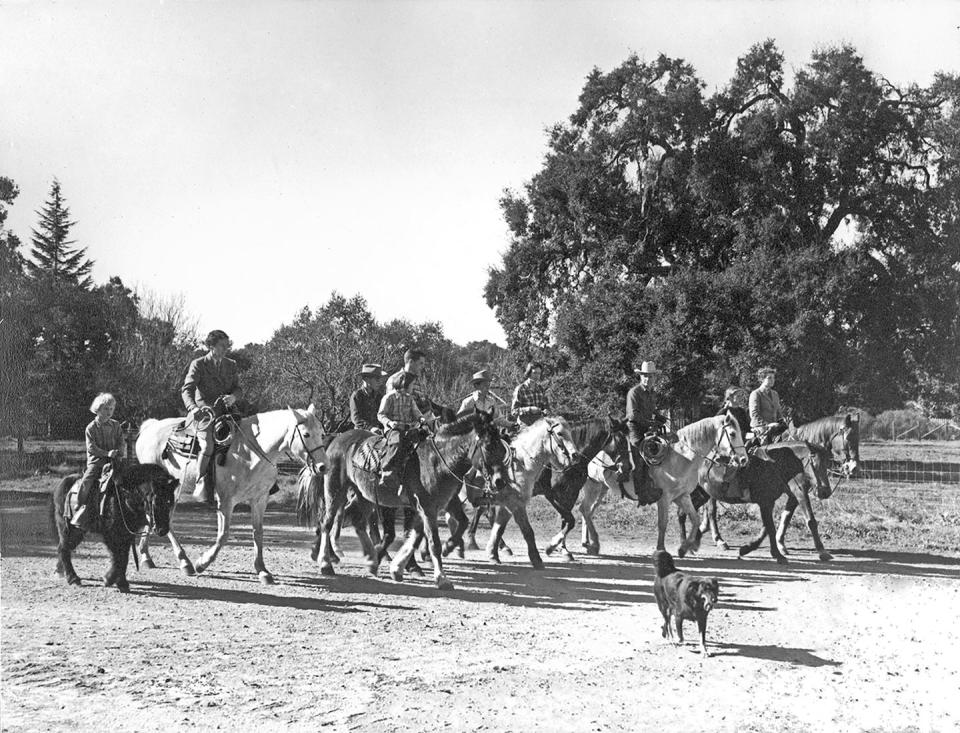
It was a 2016 visit to the Addison Gallery of American Art at the Phillips Academy, where Andy Warhol’s short film Outer and Inner Space was screening, that would inspire Wohl to consider telling her version of her sister’s story. “My husband and I went to see the collection, and when I walked up to the top floor, there in front of me I saw two enormous heads of my sister Edie on a film screen,” Wohl says. “I couldn't take my eyes off her.”
Seeing her sister on screen inspired Wohl to think about the people she’s lost and what her relationship to them could be. “Ever since my brother Bobby died, I'd have this dialogue [with him] in my head,” she explains. “After he died, I was so aware that I was alive and seeing these developments, which I hadn't anticipated, and he certainly didn't. Because he died two months before Edie met Andy, he didn't know anything. Then when I saw Edie on film, and I saw that Andy Warhol was a genius and that Edie was really extraordinary, the dialogue was reactivated. I felt I had to make amends, I had to set the record straight.”
As It Turns Out does just that. The book offers an unflinching look at how Wohl’s parents raised their eight children, and how her sister’s cloistered childhood would turn her into the person she became. Parts of the book are written almost as letters to Bobby Sedgwick, while others take a more straight-forward route to discussing who Edie was both in the public eye and to those who knew her best.
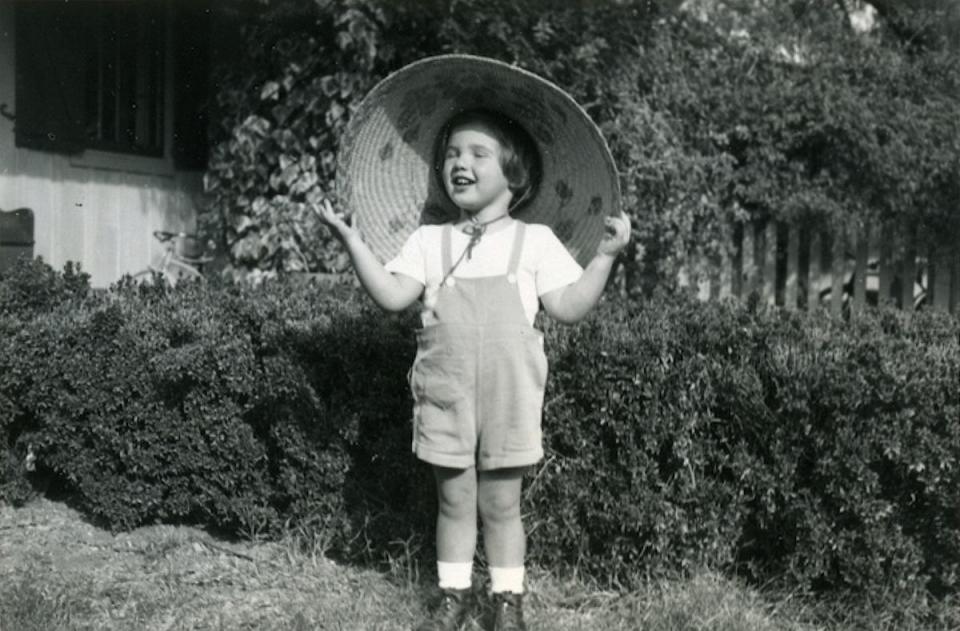
“I wanted to make it clear what our past was, and what Edie was brought up in because there was so much nonsense and fantasy out there,” Wohl says. “Edie was brought up for 19 years almost entirely in increasing isolation on the ranch. She never left the ranch except for two brief attempts at boarding school, both of which were failures. And after that second failure, she was at home alone with our mother and father because by then, all seven of the rest of us were out of the house. So, she was all alone and she shot out of there to Cambridge.”
No hospital stay or eating disorder is brushed under the rug. Wohl relies on her own recollections as well as those of Edie’s friends and cohorts, and she also immersed herself in Warhol research in order to write the book.
“I knew [Edie’s] story because I accompanied Jean Stein and I knew all stuff that didn't wind up in her book,” Wohl says. “What I didn't know about was Warhol. But I'm an art historian, so I just sat down at my desk, in the library where I've been working 25 years. Everybody knew my name, because I always used my whole name professionally, but they never made the connection. They suddenly began seeing stacks of research about Warhol, so people would pass and say, ‘You’re Edie Sedgwick's sister?’ One thing I wanted to be very clear about is that this book is not objective, it's what I perceive to be. So, Warhol was the issue for me, Edie was relatively easy because I knew her.”
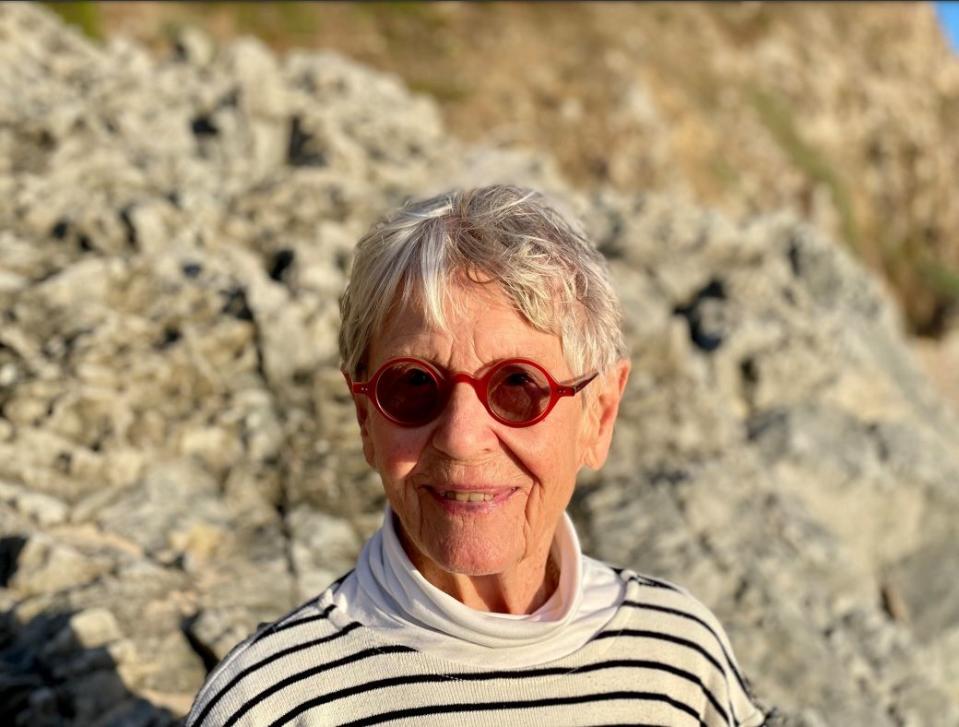
In doing the work, Wohl ended up not only examining Warhol’s relationship with her sister, but also shining a new light on how the artist operated, and why he and Edie burned so brightly as a pair and then found their relationship at an abrupt end. Wohl’s editor, Jonathan Galassi, says, “Alice's unique take on her sister, her extraordinary upbringing, what she meant to Andy Warhol, what he saw in her (which Alice at the time did not see) and how they collaborated, offers a totally new window on an important phase in the work of a major artist and a pivotal moment in American culture.”
It also helped Wohl clear her conscience. And while she doesn’t plan to write any more about her family—her next book, she says, will be about Diego Velàzquez and Spain’s King Philip IV—releasing this book provides a kind of closure to her relationship with her sister.
“If you are brought up forbidden to speak out and prevented from knowing, you are so incapacitated,” Wohl says. “The truth is the only thing in life that matters.”
You Might Also Like